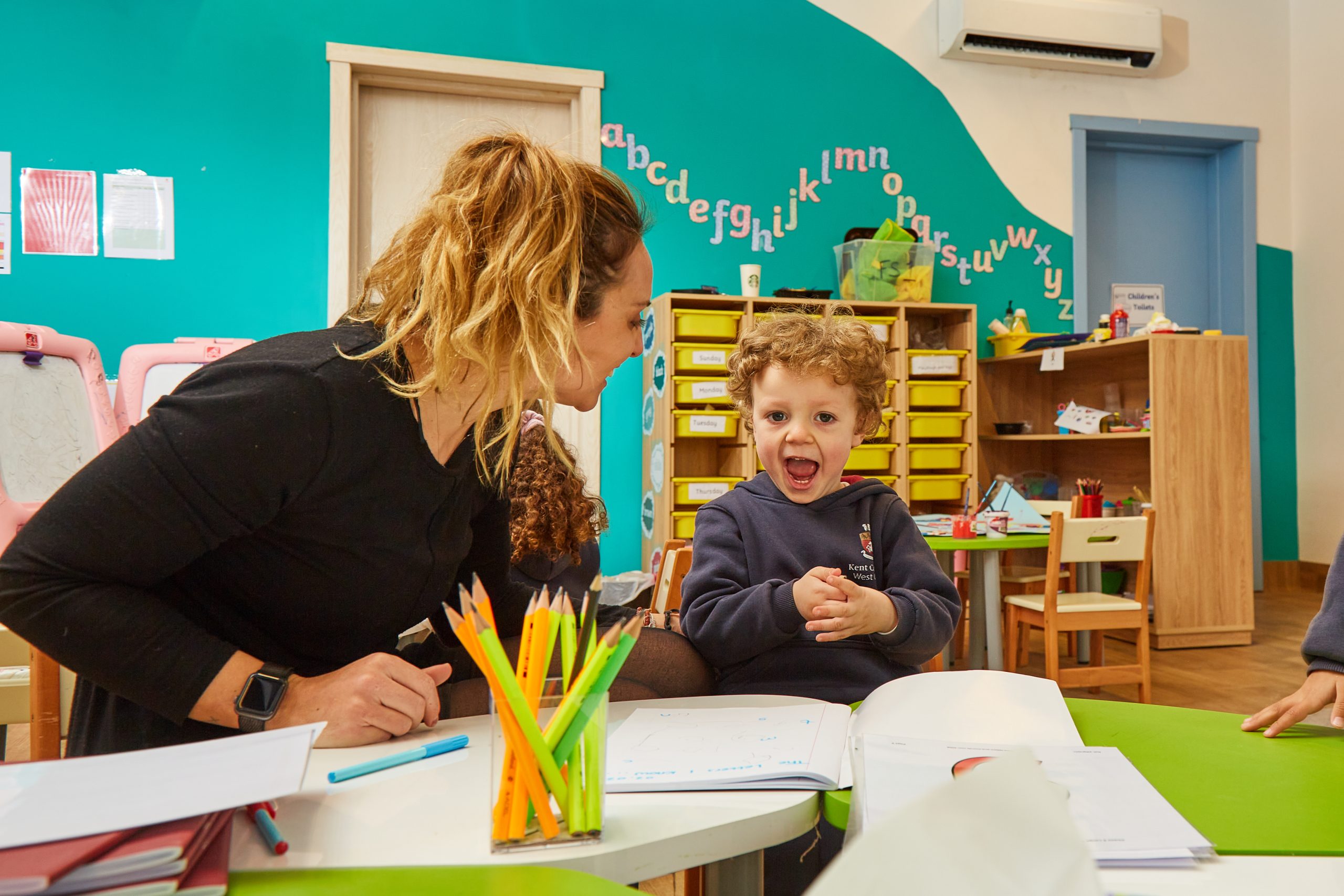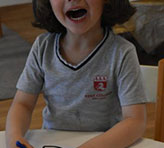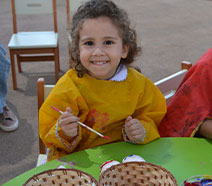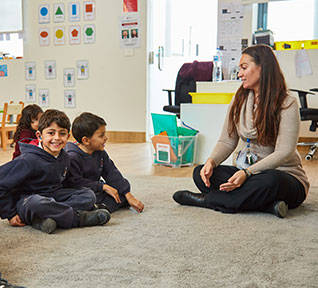
Early Years (Age 3-4)
Learning Development & Play
Kent College West Cairo is one of the leading British international schools in Cairo. We are dedicated to developing passionate, engaged students who have a love for learning, from the very beginning of their academic journey following the British curriculum.
To encourage this excitement for learning right from the start, our world -class educators plan for and create stimulating environments and activities that build upon our children’s interests.
Active learning through play and experimental investigation is an essential basis for effective education at every stage. Within our Early Years classrooms, you will see a variety of activities carefully planned to develop key areas of learning. The children are encouraged to lead their own learning, choosing activities to work on, guided by teaching staff supporting and scaffolding their learning experiences.
In Early Years, there is an emphasis on developing the whole child. At this age, supporting a child to develop their personal, social and emotional skills is just as, if not more, important than academics.
Our spacious indoor and outdoor learning environments further facilitate the interest in learning and the achievements of all our students. The warm, friendly and supportive atmosphere also ensures each child to feel happy, safe and secure, and incredibly excited to come into school each day! As a British international school in Cairo.
Children learn to make decisions, ask questions, and reflect on their learning. Careful observations of each child’s development allow the teachers to make informed judgments about the learning taking place and possible next steps so they can plan relevant, challenging, and motivating experiences for every child.
Our partnerships with parents are key to developing confident, successful, and happy learners, so the Early Years staff take time to get to know the families of their students. We encourage open dialogue and welcome our families to feel part of their children’s learning journey.
Throughout the day, there will be teaching inputs delivered to the children in key areas such as phonics, mathematics and topic. These teaching inputs start from Foundation Stage 1 (FS1) and continue throughout the Early Years, developing each year to ensure students develop a thorough base and the core skills with which to continue their academic journey.
In FS1 and FS2, the teachers will prepare and facilitate activities to encourage skills and knowledge according to the Early Years Foundation Stage (EYFS) which is the UK government framework that sets out welfare and development goals for children aged five and under. These culminate in a set of Early Learning Goals that children will achieve by the end of FS2.
In each area of learning are development statements that we use to support and enhance our students’ learning.
- In all aspects of learning and development, children will display some of the characteristics of effective learning. These include:
- Being willing to have a go
- Being involved and concentrating
- Having their own ideas
- Choosing ways to do things
- Finding new ways
- Enjoying achieving what they set out to do
Teachers will ensure that the experiences they provide give the children the opportunity to develop these different characteristics.



